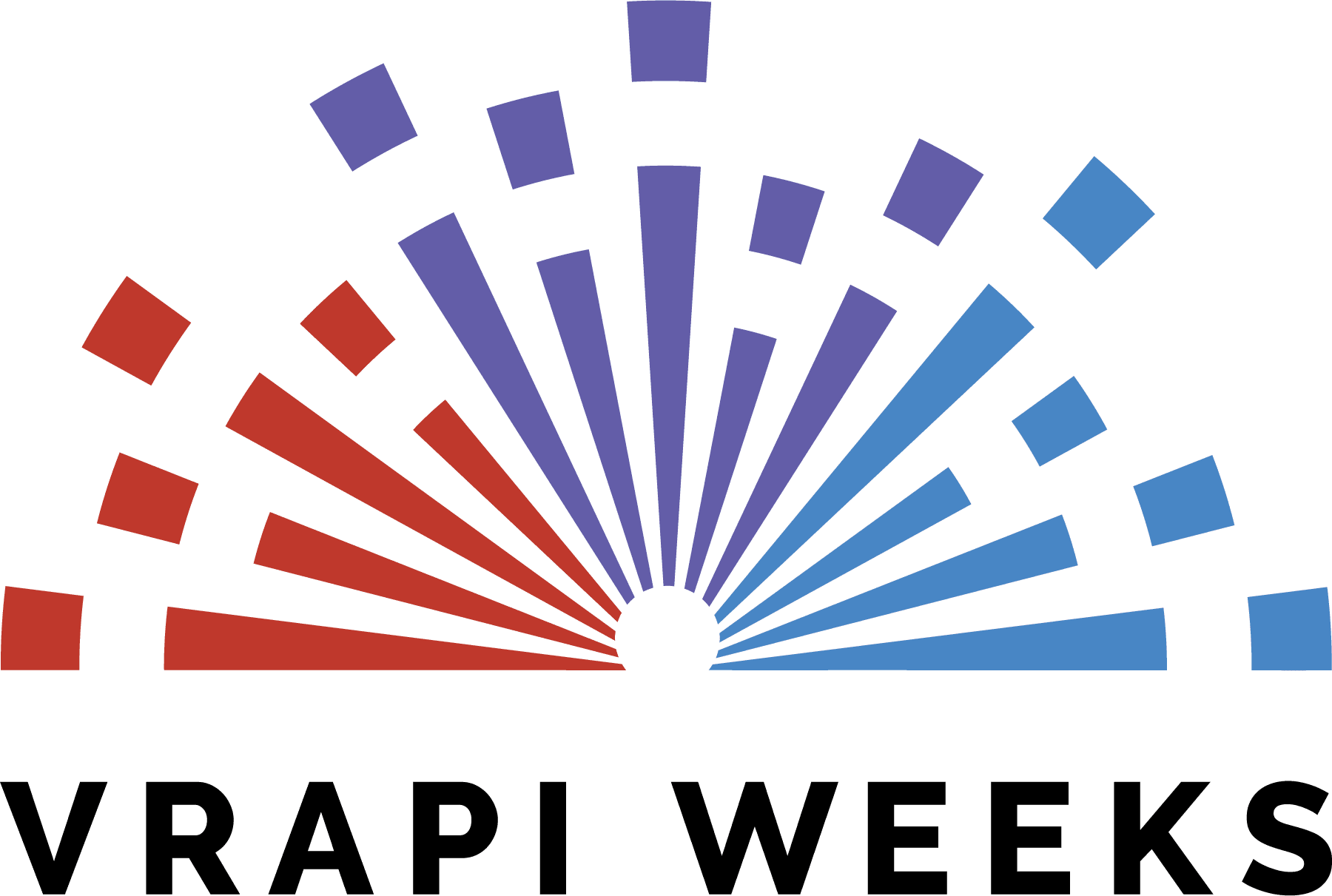On June 22, 2020, President Trump signed an executive order (EO) extending the April 24, 2020 travel ban for those who are immigrating to the United States through employment or certain family categories through the end of 2020. He also extended the scope of the ban to include those coming into the United States in H-1B, H-2B, L-1, and certain J-1 categories.
Who is affected?
The executive order affects only those who are outside of the United States applying for visas. If the foreign national is in the United States, this EO does not appear to affect them. In other words, extensions of status, changes of employer, or even changes of status can be filed and approved.
If the foreign national is abroad and will be applying for an H-1B visa, this EO prohibits their visa issuance and entry to the US. The EO does not appear to prohibit filing the H-1B petition, only visa issuance after the H-1B petition is approved. Therefore, employers should continue to file H-1B petitions even for employees abroad, especially for cap cases so as not to lose their cap selections, and then wait for visa issuance when the restrictions are lifted.
Exceptions to this travel ban appear to be Canadian citizens. The EO prohibits entry for those who are coming with H-1B visas. Canadian citizens are visa-exempt, therefore, they are not entering with an H-1B visa. As a result, the EO does not cover them.
The EO also contains certain exceptions in the national interest. “In the national interest” is defined by way of a non-exhaustive list, which includes healthcare workers who provide care to individuals who have contracted COVID-19 and are currently hospitalized or who provide medical research to help the United States combat COVID-19. This seems like a narrow exception that will only apply to hospital workers and those involved in university-run healthcare systems. However, as mentioned above, the list is non-exclusive because it uses the terms “including those…” How this will be implemented remains to be seen.
Another class of visas included in this ban are certain J-1 categories: interns, trainees, teachers, camp counselors, au pairs, or summer work travel program entrants. This does not appear to include J-1 physicians.
What should you do?
If you are inside the United States either in H, L, or J status, don’t travel. Traveling may subject you to the ban, and you may be stuck out of the United States.
If you are here in any nonimmigrant status and applying to change status to H, L, or J status, you are still able to file for this change of status, and it should not be affected by this EO.
If you are here in H-1B status and are changing employers, your new employer can file a petition, and it should not be affected by the EO. This includes cap cases.
If you are abroad and have a pending petition or are in the process of filing a petition, continue to pursue it. The ban is temporary, and it does not affect petitions. It only delays visa issuance and entry to the United States.
This situation is developing and more details are coming out by the hour. Sign up to continue to receive updates and information: https://vrapiweeks.com/contact/
If you are in need of legal representation, schedule a consultation with us right now: https://vrapiweeks.com/schedule-a-consultation/


